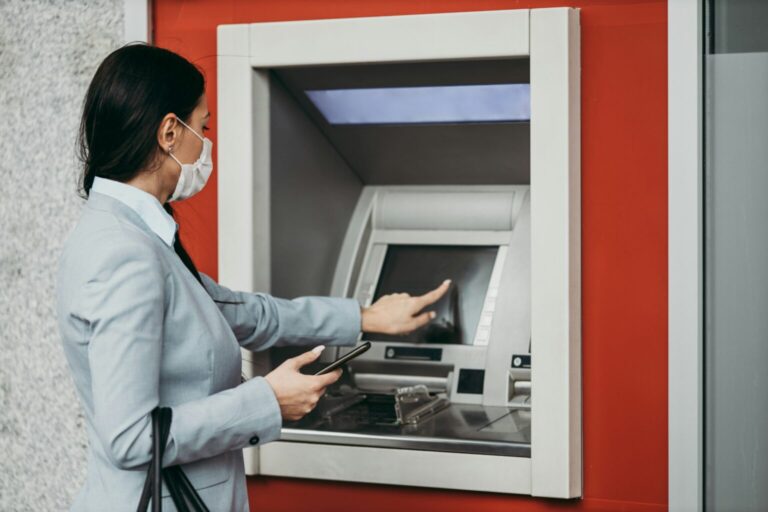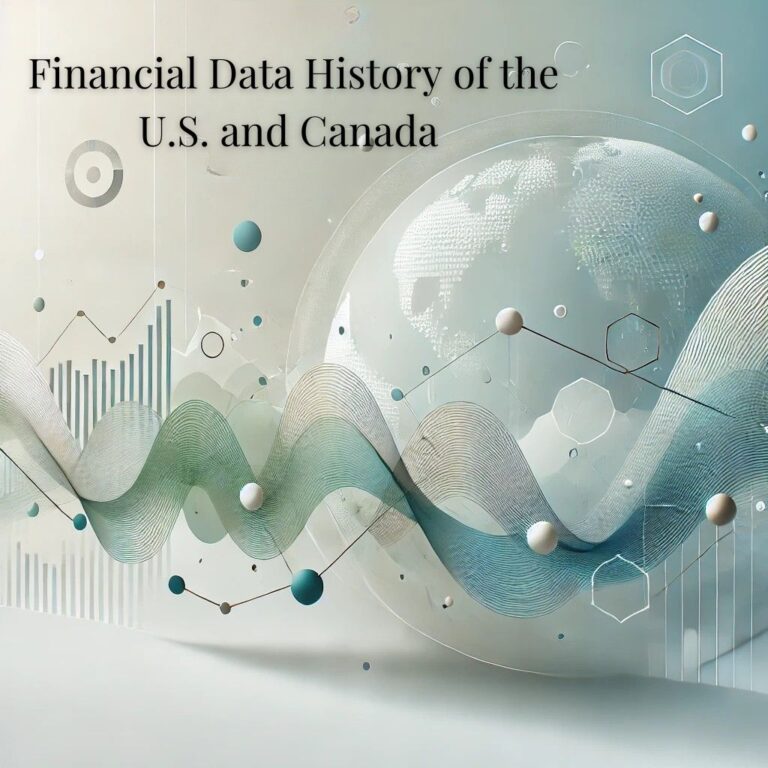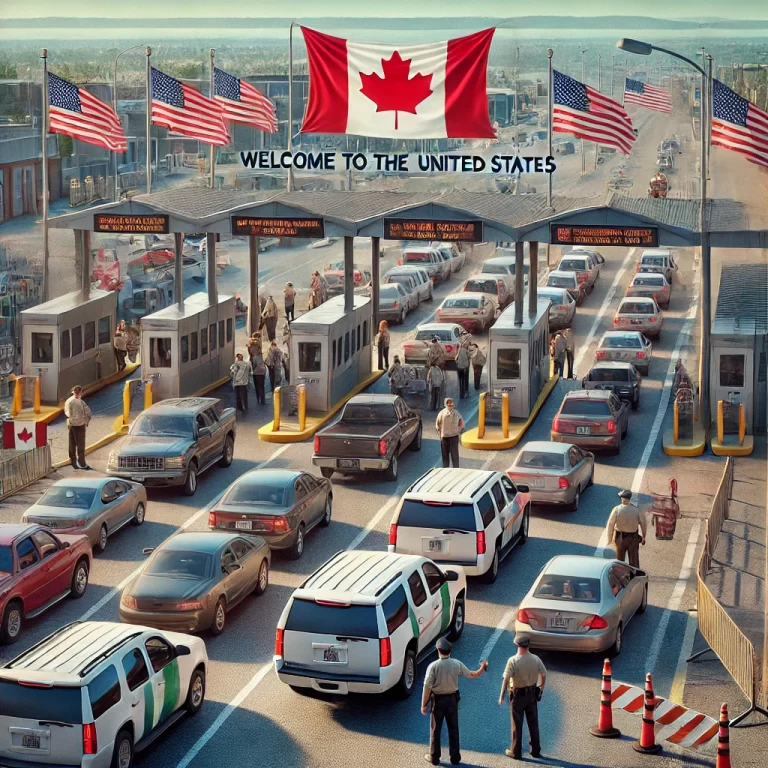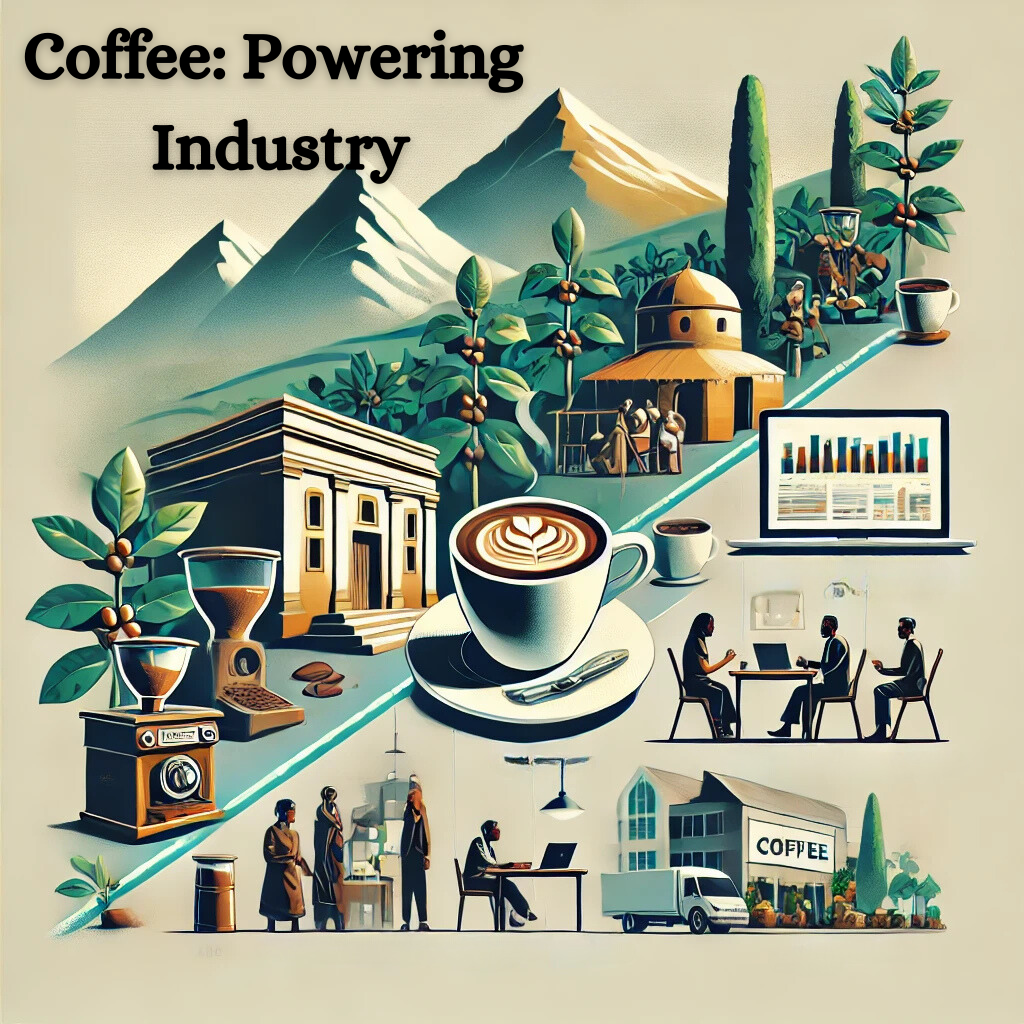
Coffee is a beverage that has transcended time, culture, and geography, becoming a global phenomenon. Though I don’t drink coffee myself, my wife does, and through her, I’ve come to appreciate the rich history and universal influence of this caffeinated marvel. Coffee is more than a drink; it’s a cultural staple, an economic force, and a silent partner in countless industries, including financial planning, where its stimulating properties fuel decision-making in high-pressure environments. From its ancient origins to its modern-day ubiquity, the story of coffee and caffeine is a testament to humanity’s desire for connection, energy, and focus.
The Origins of Coffee
The story of coffee begins in the Ethiopian highlands, where legend has it that a goat herder named Kaldi first discovered the energizing effects of coffee beans. He noticed that his goats became unusually lively after eating the bright red berries of a certain shrub. Intrigued, Kaldi shared his discovery with local monks, who began using the berries to stay awake during long hours of prayer. This humble beginning marked the start of coffee’s journey across continents and centuries.
By the 15th century, coffee cultivation and trade were flourishing in the Arabian Peninsula. Yemen became the epicenter of coffee culture, with Sufi monks using it to fuel their meditative rituals. By the 16th century, coffee had spread to Persia, Egypt, and the Ottoman Empire, becoming a staple in social gatherings and intellectual debates in coffeehouses—the forerunners of modern cafes.
The Evolution of Caffeine
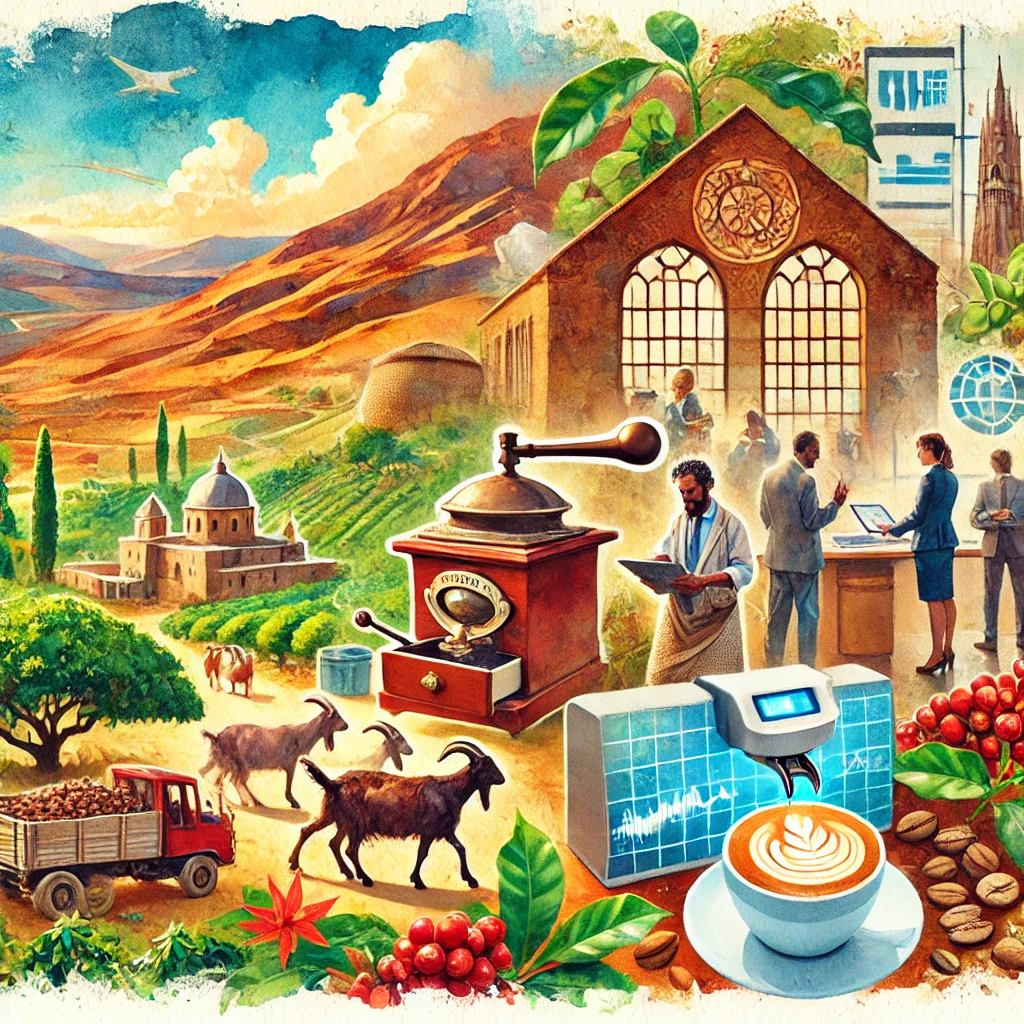
Caffeine, the natural stimulant found in coffee, tea, and other plants, has been a silent force driving human productivity for centuries. Its effects on the central nervous system—increased alertness, reduced fatigue, and improved focus—have made it indispensable in both personal and professional settings.
Tea, the earliest known caffeine source, predates coffee and originated in China around 2700 BCE. While tea dominated the East, coffee took hold in the West, thanks to its robust flavor and faster brewing methods. Over time, caffeine evolved into countless forms, from the ceremonial matcha tea of Japan to energy drinks and caffeine pills. Today, caffeine is omnipresent, catering to diverse preferences and lifestyles, whether it’s a steaming espresso, a fizzy cola, or even a pre-workout supplement.
Coffee and Caffeine in Modern Society

Few places illustrate the indispensability of caffeine better than the financial planning industry. Financial planners, wealth managers, and portfolio managers often rely on coffee to power through long hours, especially in fast-paced environments where every second counts. The buzz of a coffee machine in an office or the sight of a barista crafting lattes in a nearby cafe has become synonymous with financial hubs worldwide, from Wall Street to London’s Canary Wharf.
Modern financial planning has embraced software and financial planning tools to enhance productivity and accuracy, often fueled by the invigorating effects of coffee. Whether it’s analyzing portfolios, generating reports, or developing strategies, caffeine plays a subtle yet significant role in keeping the gears of wealth management turning smoothly.
The appeal of coffee goes beyond its functional benefits; it’s a social glue that brings people together. In churches, for instance, coffee is a staple at gatherings and fellowship events, fostering connection and conversation. Whether it’s a simple pot of drip coffee served after Sunday service or a coffee bar offering specialty drinks, the beverage plays a role in community building and shared experiences.
Coffee’s Global Reach

Today, coffee is a $100 billion industry, employing millions of people from farmers and roasters to baristas and distributors. It’s a daily ritual for billions, a catalyst for creativity, and an economic powerhouse that fuels both individuals and industries. Its adaptability and universal appeal ensure that coffee will remain a cornerstone of human culture for generations to come.
Though I may not partake in coffee myself, I’ve come to admire its impact through my wife’s love for it and the countless ways it shapes our world. From the Ethiopian highlands to the bustling trading floors of modern finance, coffee and caffeine have proven to be much more than a drink or a compound. They’re a force that connects us, energizes us, and drives us forward.


